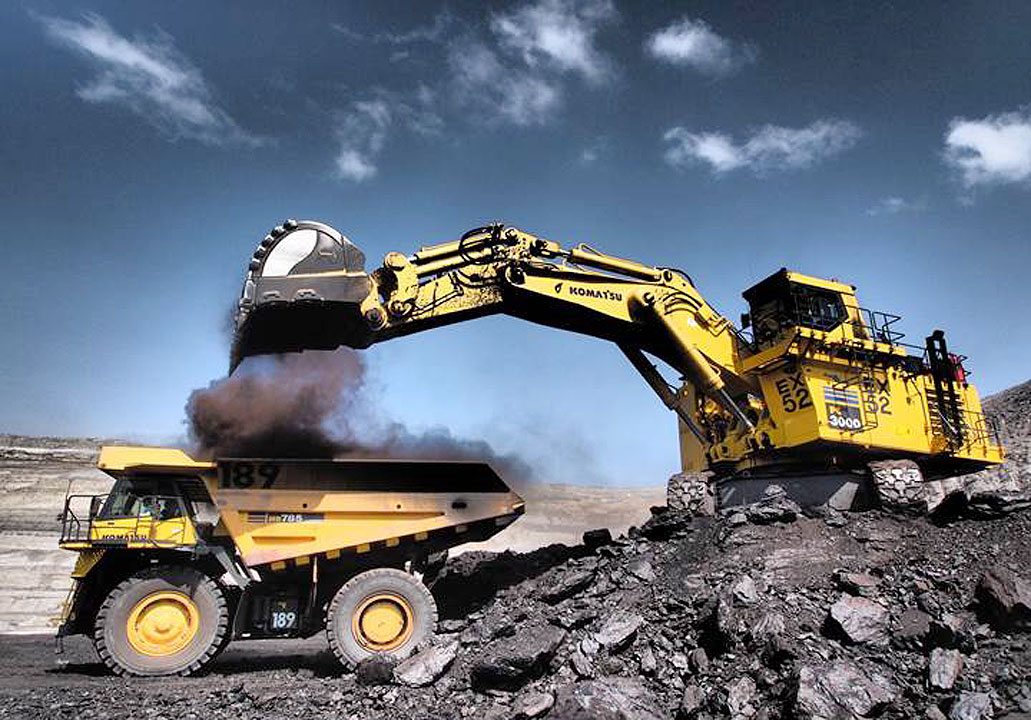Miners see fiscal bill boosting investment, gov’t revenue

THE Chamber of Mines of the Philippines (CoMP) said that the proposed fiscal regime for mining, which seeks to impose margin-based royalties and a windfall profits tax, will help encourage more investment in the industry while raising the government’s collections.
“The addition of two new income-based taxes makes the increase more palatable as higher taxes are paid at higher operating margins when metal prices are high, and conversely lower taxes are paid when metal prices are low or when operations are not profitable,” CoMP Vice-Chairman Gerard H. Brimo said in an e-mail.
“It will help sustain mining operations and encourage quality investment in the mining sector,” he added.
Legislators last week approved House Bill (HB) No. 8937, which seeks to create a new fiscal regime for the mining sector. It is set for third and final reading approval in the chamber before Congress goes on recess beginning Sept. 30.
“HB 8937 will enable the government to have an increasing share in the profits during the price upswings and provide the industry some breathing room during downturns,” according to Mr. Brimo.
Under the bill, large-scale metallic mining operations within mineral reservations are charged a 4% royalty on gross output of minerals or mineral products extracted.
A margin-based royalty will be imposed on income of metallic mining operations outside mineral reservations.
Miners with margins of between 1% and 10% are subject to a 1% rate. This royalty can rise as high as 5% for those with margins above 70%.
Under the bill, small-scale mining operations will be charged a royalty equivalent to 1/10 of 1% of gross output of minerals or mineral products extracted or produced.
Mr. Brimo said that an income-based royalty for metallic mining operations outside mineral reservations is used in other mineral-rich countries like Chile, Peru, and Canada. It was also recommended by the 2022 Deloitte Financial Services study on the Philippines’ mining tax structure, which was commissioned by government agencies.
The measure would also impose a margin-based windfall profits tax on mining operations. Miners with margins of more than 35% up to 40% will be charged a rate of 1%, while those with margins of more than 80% pay 10%.
Global Ferronickel Holdings, Inc. President Dante R. Bravo, however, said that increasing taxes adds to miners’ costs.
He noted that the effective tax rate based on the bill is at 60%.
“We are hopeful that even with the new fiscal regime for mining, foreign investment will still pour in. Otherwise, we should also be ready to bring down the taxes to competitive levels by reducing, if not eliminating altogether, the rates based on gross revenue and shift to net income-based rates of taxation,” Mr. Bravo added.
According to the proposed law, the Mines and Geosciences Bureau will also require metallic mining companies to submit an assay report for each shipment before they leave port.
The bill also proposes “ring-fencing to prevent consolidation of income and expenses of all mining projects by the same taxpayer to ensure that losses from other mining projects are not deducted from more profitable projects.”
All small-scale miners will be required to register with the Mines and Geosciences Bureau, as well as local government units. The bill encourages them to organize into cooperatives to qualify for the awarding of People’s Small-Scale Mining Contracts.
However, a study conducted by the Legal Rights and Natural Resources Center (LRC) said that the bill “failed to consider the potential adverse effects or negative externalities (or spillovers) of mining operations.”
“Under this scenario, the involuntary costs are deemed imposed on others, especially the impacted communities and the government, rather than those directly responsible for the effects,” according to the study by Leon Dulce and E. M. Taqueban of LRC, the Philippine Mining Situation. “In other words, for the mining fiscal regime to be truly equitable, these costs must be fully accounted for,” it said.
“Mineral production and money flow are not guarantees of social and economic progress. The proceeds from extraction should be invested in social and economic activities that will benefit the present and future generations,” the study concluded. — Beatriz Marie D. Cruz



